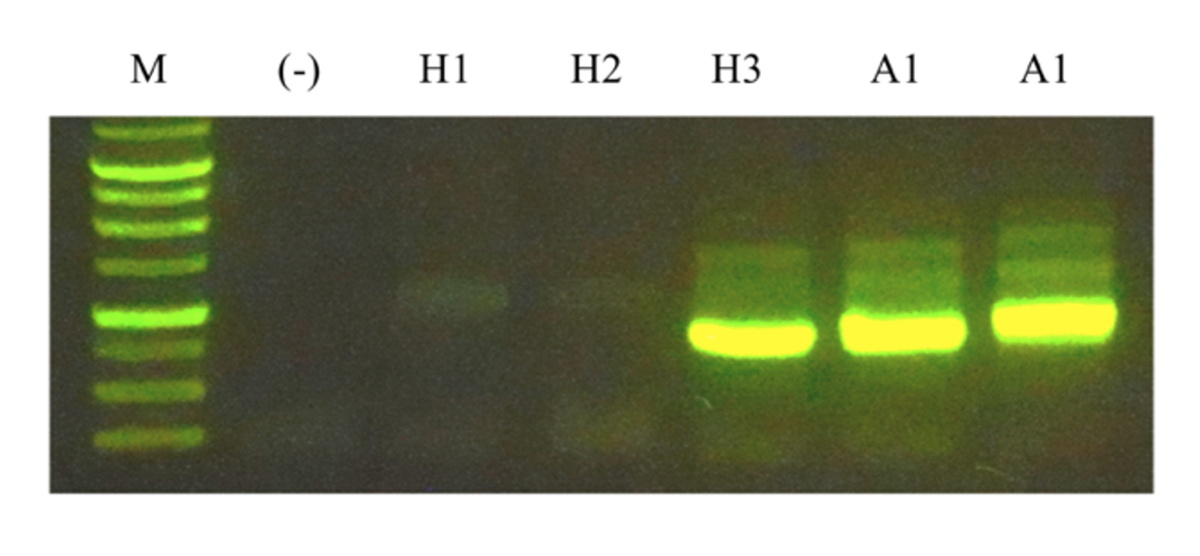

We recently showed that LOY is likely shared across mammals, but its presence in species with other sex chromosomes is still unresolved. It has been noticed that mosaic loss of chromosome Y (LOY) in blood cells of aged men is strongly associated with reduced life expectancy. One hypothetical cause is particularly appealing: mosaic loss of the sex-limited chromosome during ageing. In birds, specifically, males live longer than females, a pattern likely caused by still unknown genetic factors linked to the W chromosome that may affect female survival. In general, the sex that carries the sex-limited chromosome (Y/W) dies earlier in vertebrates and invertebrates. Recently, it has been shown that sex-specific survival is more strongly associated with the type of sex chromosome system (X/Y or Z/W) than with typical ecological factors. During evolution, Y and W chromosomes underwent recombination arrests to preserve the sex-determining loci, a process that is often associated with the accumulation of repetitive DNA and massive genetic loss due to large-scale deletions. Mammals show X/Y sex chromosomes, whereas birds have Z/W sex chromosomes. Many sex chromosomes in amniote species originated greater than 50 Myr following the emergence of genes that acted as regulators of gonadal development. We concluded that the inheritance of the W chromosome in birds, unlike the Y chromosome in mammals, is more stable. Our results suggest that LOW is not a consequence of cellular ageing in birds. Using loci-specific PCR and a target sequencing approach we estimated LOW in both young and adult individuals of two long-lived bird species and showed that the copy number of W chromosomes remains constant across age groups. Here, we tested whether mosaic loss of the W chromosome (LOW) occurs with ageing in wild birds as a natural consequence of cellular senescence. However, mosaic loss of sex chromosomes has not been investigated in any non-human species. For instance, the Y chromosome in mammals and the W chromosome in birds are often degenerated, with reduced numbers of genes, and loss of the Y chromosome in old men is associated with shorter life expectancy. Females and males often exhibit different survival in nature, and it has been hypothesized that sex chromosomes may play a role in driving differential survival rates.


 0 kommentar(er)
0 kommentar(er)
